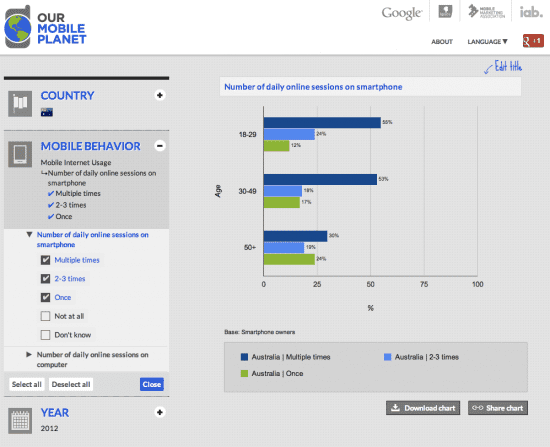The mobile phone: an amazing device that allows you to literally carry a computer in your pocket. This device quickly became a sensation and now wants to achieve something much bigger. The phone plans to replace ... the desktop computer. Slowly at first, but now in a close match, both devices are trying to claim the number one search device. Coming soon, the tie will be even closer and the mobile phone may pass the age old computer.
So now the question is, why? Besides just easier access what is really gained from the the mobile phone to the computer? Surely it's not for easier use? we have all tried to use our phone as a computer and... well... it just runs into the same problem. It takes forever to find the one small thing that you are looking for on a huge website that can fit maybe five words on the screen!
 |
| The bounce rate for Amazon is much higher on phones than it is on a desktop computer. to see more go to http://www.clickz.com/clickz/column/2388915/ why-mobile-web-still-matters-in-2015 |
 |
| http://wearesocial.net/blog/2015/01/digital-social-mobile-worldwide-2015/ |
 |
| For example, in Australia they use their phones a lot during the day. to see more go to http://www.smartinsights.com/mobile-marketing/ mobile-marketing-analytics/mobile-marketing-statistics/ |
Until the next post,
this is Jake Smith

No comments:
Post a Comment